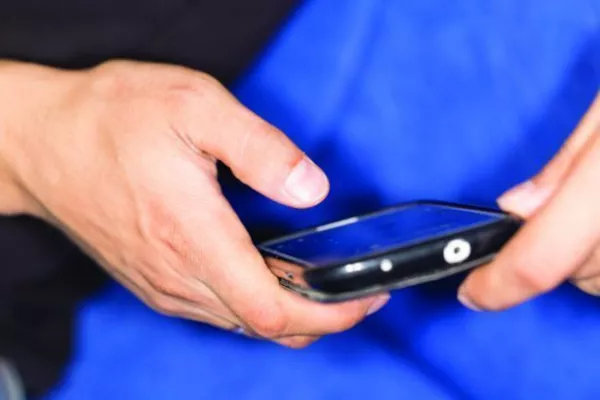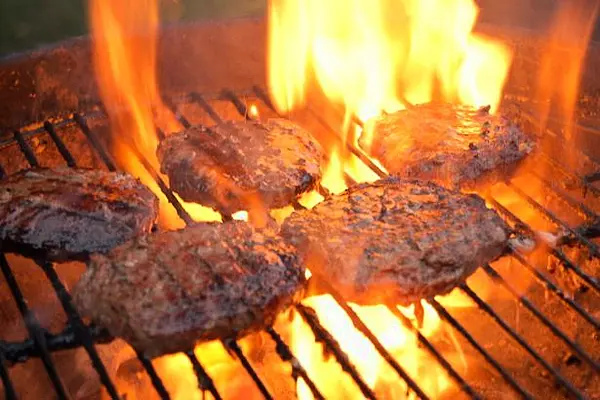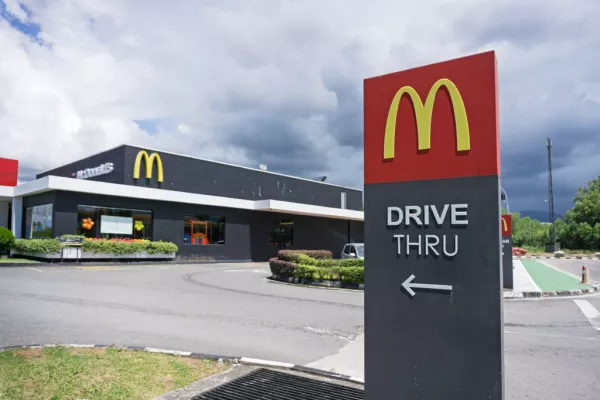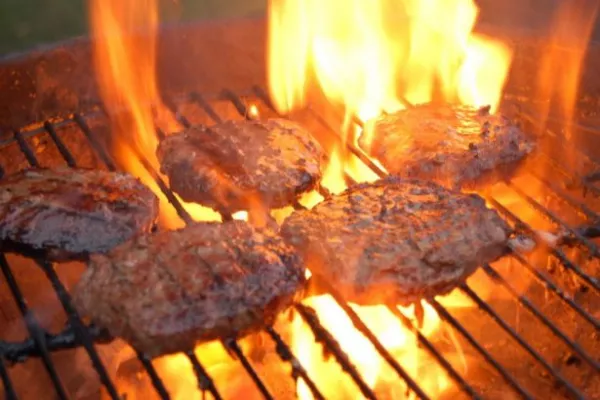As US tech investors cool on food-delivery startups, European meals-on-wheels company Delivery Hero is poised to become Germany’s biggest tech IPO in three years.
Despite its name, the company does relatively little delivering. Instead, it offers apps and Web sites in more than 40 countries from Sweden to Singapore that let hungry consumers order meals from their favourite restaurants for home delivery. About 10 percent of orders get dispatched via the company’s own bike riders; the rest are delivered by the restaurants. Delivery Hero charges restaurants commissions that average 14 per cent.
The Berlin-based food delivery app company is due to start trading (DHER GR) Friday in an offering that could raise nearly €1 billion and deliver a badly needed win for Germany’s startup scene. It’s also a validation for Oliver Samwer, one of Europe’s top internet investors, whose startup incubator, Rocket Internet SE, owns 35 per cent of Delivery Hero.
In 2014, Rocket and one of its companies, Zalando—an online fashion portal—went public in the same week. That drew entrepreneurs and investors to Germany’s capital, and made it Europe’s top venture capital funding destination. But Rocket hasn’t taken another venture public since; its biggest outside backer has jumped ship; and Berlin slipped to fourth place last year in European VC funding. Friday’s listing is not only a test for Delivery Hero and Rocket, but for Germany’s startup scene.
“The question is what happens afterward,” said Thies Sander, a partner at Project A Ventures in Berlin. He said a share price increase of 12 percent or more could be meaningful. “There’s a huge opportunity for the region. Is it all real, what’s happening in Berlin? If the IPO is successful, then we can prove it’s not all hype and bubble.”
Since Rocket and Zalando started trading in 2014, three other German tech companies have gone public. Expedia Inc.’s Dusseldorf-based Trivago travel site and Munich’s Scout24 online classifieds attracted less money and interest than Delivery Hero, and online baby goods seller Windeln.de’s 2015 IPO tanked.
Delivery Hero’s Swedish Chief Executive Officer Niklas Oestberg, a sandy-haired, 37-year-old former management consultant, founded a forerunner company in Stockholm in 2008. He changed the name to Delivery Hero and moved it to Berlin three years later. Rocket invested in 2015, then at the end of last year sold its own Foodpanda delivery app to Oestberg’s company.
South African investor Naspers Ltd. invested €387 million this year, bringing Delivery Hero’s total amount raised to about €1.6 billion. Before the IPO, it’s now valued between €3.5 billion and €4 billion.
The business now operates out of an old East German “Rohrpost” building used in the cold war to whiz letters and telegrams around the city in tubes using compressed air. All over the world, the company has converted consumers to smartphone ordering from menus in the kitchen drawer.
In addition to Scandinavia, Germany and Eastern Europe, Delivery Hero has carved out positions in Turkey, Saudi Arabia, the United Arab Emirates and Kuwait. It’s also active in Southeast Asia, Hong Kong and Latin America. The company’s €142 million takeover of Talabat.com means it partners with Burger King, Pizza Hut and Subway in the Middle East. Since 2014, the company has spent about €1.4 billion on acquisitions, according to the IPO prospectus issued this month.
“Delivery Hero proves that Europe is a great place to start and build country-by-country marketplaces," said Pawel Chudzinski, co-founder and managing partner at Point Nine Capital, an early investor. “In Europe if you want to grow, you have to be international early on."
Oestberg said the IPO will be used to fund expansion and acquisitions after repaying €310 million in debt to investors. The listing comes as on-demand food companies in New York and San Francisco are hitting a rough patch. Sprig Inc. shut down this spring and Munchery Inc. had to recapitalize after burning through cash. New York-based Maple, which also cooked its own meals, shut down in May and sold to London startup Deliveroo.
Delivery Hero avoids the high cost of assembling custom meals by acting mostly as a broker for restaurants that already deliver. But it’s not without competitors: GrubHub Inc. has managed to master food delivery in the US, and Uber Technologies Inc.’s UberEats has been growing. Amazon.com Inc. delivers food from restaurants, and its mammoth bid for Whole Foods has also raised the stakes.
About a third of users who try Delivery Hero’s service end up ordering three times, a key number that indicates they’re unlikely to defect, according to a person familiar with the management team’s plans. About half of orders are repeats of a favorite meal.
The company’s strategy is to bulk up in markets where it’s strong to box out competitors and gain the power to raise commissions to restaurants, said the person, who asked not to be identified because the matter was private. About 10 percent of restaurants leave Delivery Hero’s platform each year, mostly by going out of business, yet only a “tiny” portion stray when there’s a price hike, according to the person.
The company also plans to consolidate share by using some of its countries in swap deals with other digital delivery services, a tool it’s used in the past to expand while de-emphasizing other markets. Getting to 80 percent or 90 percent share in a given country lets Delivery Hero lower marketing expenses while charging restaurants more, said the person.
It’s still an expensive business, and like all food delivery companies, Delivery Hero struggles with marketing costs. The company had a €47.7 million loss before interest and taxes in the first quarter of this year. In the first quarter of last year, it lost €63.5 million. The company spent €56 million signing up restaurants last year, up 65 percent from 2015.
“We struggle to see a path to profitability for the business without turning off the marketing tap,” Neil Campling, an analyst at Northern Trust in London, said in a June 22 note to clients. “That would likely lead to a significant reduction in order and revenue growth.”
CEO Oestberg isn’t taking his foot off the gas, though. “We want to grow as fast as we can and profitability comes with size," he said. “People are excited that this is a growth story, and it’s a European growth story.”
Delivery Hero plans to release the share price to investors on Wednesday, and it’s upped the range to €24.50 to €25.50 amid demand that exceeds the number of available shares.
A successful IPO would validate the European startup model, which turns in part on rapid expansion into countries with different languages and customs jammed in close proximity. “If Delivery Hero develops as promised, then that would be very helpful to further tech IPOs in Germany and across Europe,” said Lucas Boventer, a Warburg Research analyst.
Investors also say employees who hold stock could fan out to fund and start new companies. That’s already happening to an extent. Berlin meal kit company Marley Spoon founder and CEO Fabian Siegel is the former co-CEO at Delivery Hero. Doreen Huber, the CEO and founder of business caterer Lemoncat, used to be Delivery Hero’s chief operating officer. Executives at Book a Tiger, a Berlin online cleaning service, also came from Delivery Hero.
“2017 will be a good year for Europe,” Samwer said in Berlin last week. “It inspires young people who say, ‘I want to be the next Spotify, the next Delivery Hero, the next Mark Zuckerberg.’”









